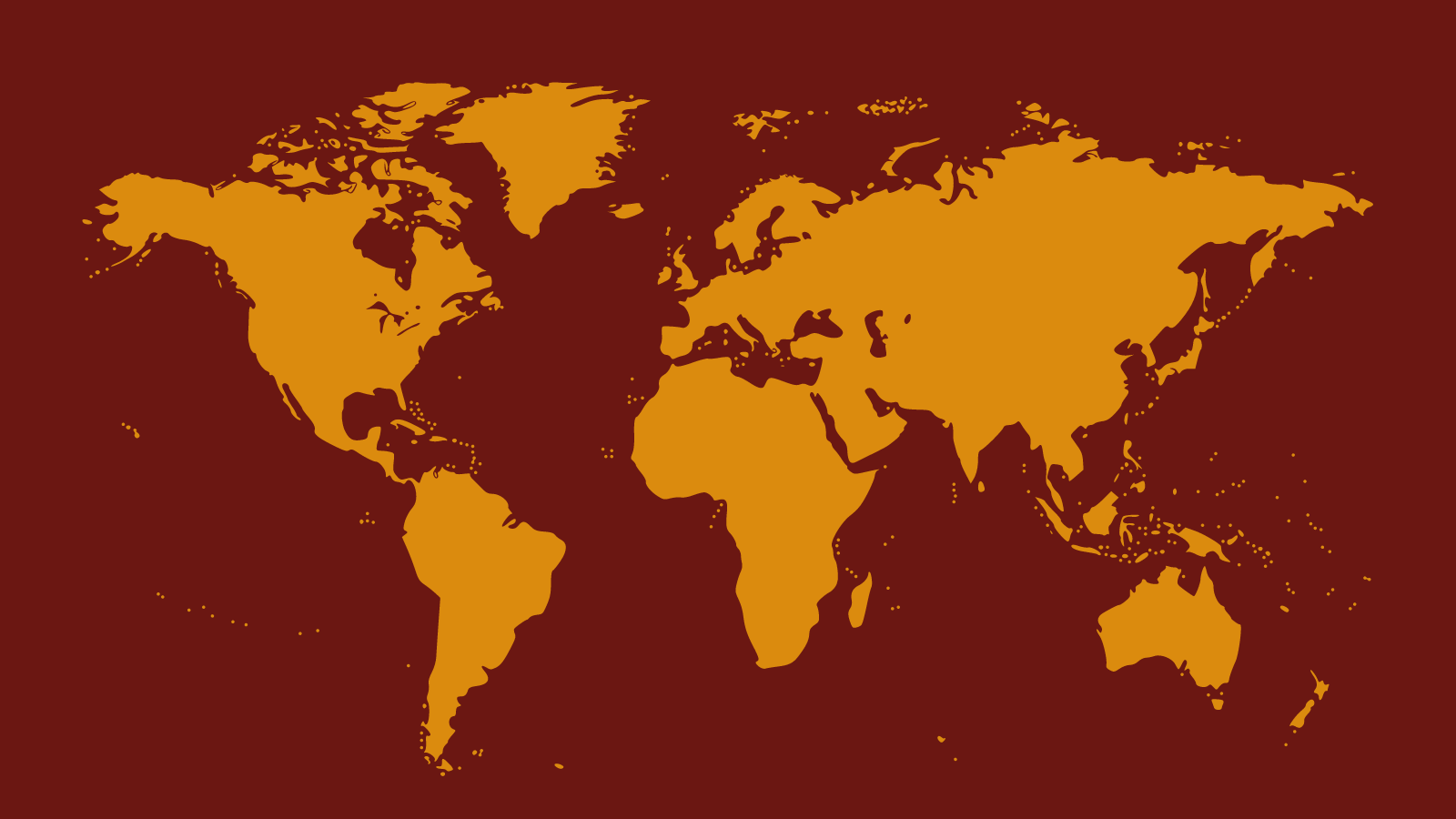On 8 October 2021, the World Health Organization (WHO) released the newest version of the Mental Health Atlas. The Mental Health Atlas is an ongoing project of the WHO Department of Mental Health and Substance Use that is designed to collect, compile, and disseminate data on mental health worldwide, including data on mental health policies, legislation, service delivery, human and financial resources, and data collection systems. The Atlas project is a valuable resource as it contains information on mental health care in WHO Member States and serves as an essential tool to inform decision-making at global, regional and country levels. This new edition also illustrates the progress made to date, based on the new and revised targets and indicators in the newly extended Comprehensive Mental Health Action Plan 2013-2030.
We are pleased to recognize José Ángel García, Global Mental Health Scholar and PhD candidate at the Center for Research and Teaching in Economics in Mexico City, for his significant contributions to the WHO Mental Health Atlas 2020. Mr. García provided key technical support to the project through harmonizing data from the last six waves of the Mental Health Atlas and building a fundamental tool that will be used for analyses of mental health indicators over time. Additionally, Mr. García conducted analysis on the last three waves of global data (from 2020, 2017 and 2014) to determine and better understand the progress that has been made on mental health indicators among Member States.
A glimpse of the findings from the Mental Health Atlas 2020:
- 171 of WHO’s 194 Member States (88%) at least partially completed the Mental Health Atlas 2020 questionnaire; the submission rate exceeded 73% in all WHO regions.
- 101 countries, or 52% of WHO Member States, have at least two functioning national, multisectoral mental health promotion and prevention programmes. This is an increase from 41% of Member States in 2014.
- Globally, the median number of mental health workers is 13 per 100 000 population.
- There is extreme variation between high-income and low-income countries for the number of mental health workers (from below two workers per 100 000 population in low-income countries to over 60 in high-income countries).
- 80% of responding countries reported that care and treatment of persons with severe mental health conditions are included in national health insurance or reimbursement schemes and in insurance coverage for inpatient/outpatient mental health services
- Globally, only 2.1% of government health expenditure is on mental health
Overall, the Mental Health Atlas 2020 demonstrates persistent gaps in the availability of mental health resources, significant variation between high- and low-income countries and across regions, and the need for continued country-level investment in policies, plans, laws, services, and monitoring systems for mental health care.
The full Mental Health Atlas 2020 is available online and can be downloaded here.


